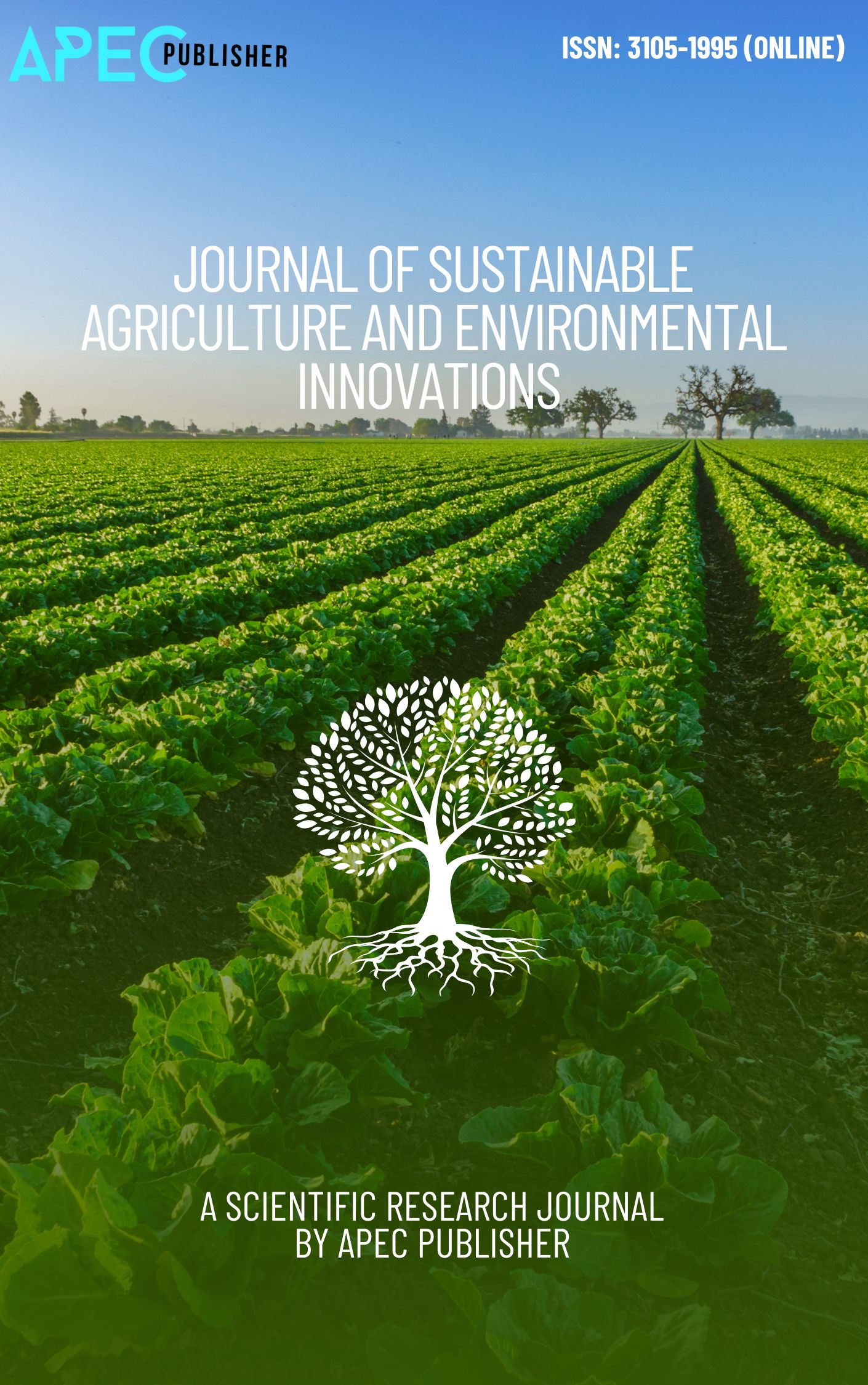Paddy to Pollution: Assessing the Environmental Cost of Stubble Burning and Policy Effectiveness in Punjab and Haryana
Stubble burning in Punjab and Haryana constitutes an agricultural crisis with catastrophic environmental consequences, releasing hazardous pollutants that degrade air quality, exacerbate climate change, and endanger public health. This comprehensive study quantifies environmental costs using satellite data (2002–2025), economic loss assessments, and policy evaluations. Findings reveal that 84 million tonnes (Mt) of India’s annual agricultural residue is burned, emitting 3.4 Mt of CO, 91 Mt of CO₂, and 1.2 Mt of PM₂.₅, with Punjab and Haryana contributing 30.5 Mt annually (Chauhan et al., 2024). Post-monsoon burning peaks in November due to groundwater preservation policies compressing harvest windows, increasing Delhi’s PM₂.₅ by 23–26% (Singh & Kumar, 2025). Policy analysis demonstrates underutilization of Crop Residue Management (CRM) machinery despite subsidies, with only 36% adoption due to financial and technical barriers. Viable alternatives like biomass energy generation could avert USD 120 million in annual losses while restoring soil health through agroecological principles (Altieri & Nicholls, 2023). The study recommends integrated solutions combining varietal diversification, ex-situ market incentives, and stricter enforcement to transition toward zero-burn agriculture by 2030.

